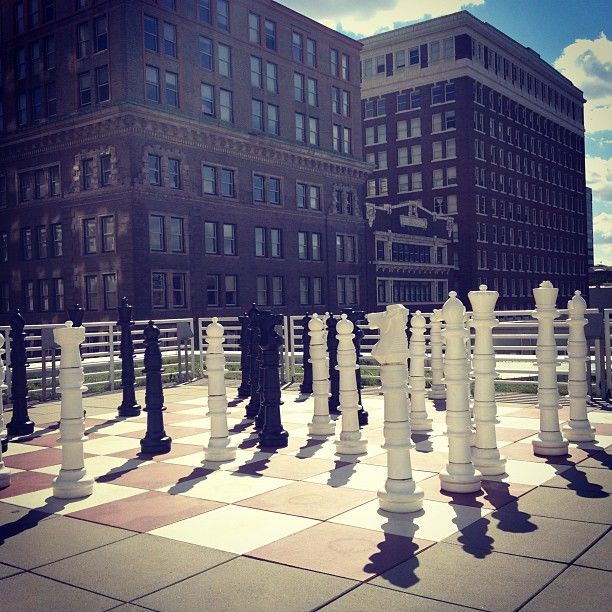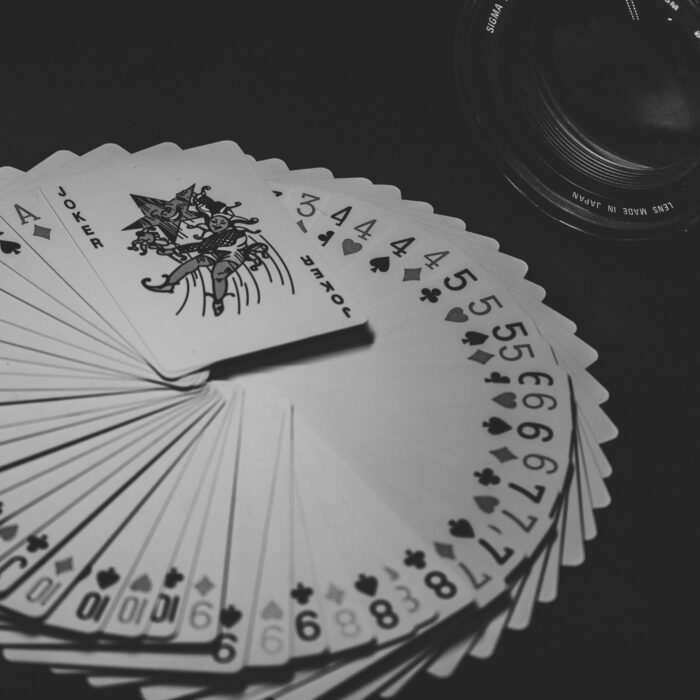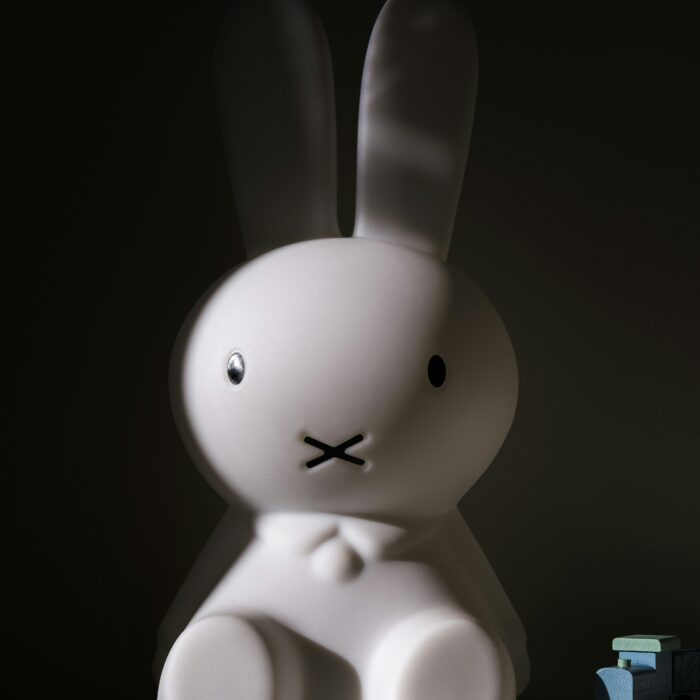You have no items in your cart. Want to get some nice things?
Go shopping
Through the glass roof light poured inside in waves, drowning the books and their silent reader. He barely raised his head to look at the other readers, and from time to time he ran his slender fingers through a shock of graying hair that contradicted his young, almost boyish face. It was a quiet lonesome place, with whitewashed walls, pale cherry-wood tables and a few books lying around in the corners, unexplored. He was trying hard to concentrate on his reading, yet from vague images a moving carousel was starting to dance its phantom horses into being. Their hooves were heaving upwards and downwards, not touching the earth. The mechanical eyes were staring ahead into a wholly predictable future, one in which every movement followed a clearly established path, dancing to the rhythm of an old Andalusian song. The bishops were not yet there, waiting on the lawn of the castle for the invitation, while the king and the queen were pacing nervously inside their private chambers, unattended to. The pawns were still sleeping behind the faded velvet curtains, though the dawn had broken a long time ago.
He seemed to foresee every movement on the chess table. The hooked-nose Cardinal was playing against his old pal, whose name still remained foggy. He had a dim recollection of the man’s past, a retired engineer who had also worked as a wine-taster and insurance broker. After he had discovered that time had the ability to stretch to eternity in old age, and death is never quick in coming, he took up chess as a pastime. Every weekend he would go out into the picturesque park designed by some Austrian landscape-architect, to the game enclosure. There he met the other relics that the new times refused to destroy. They played everything: backgammon, dominoes, chess, cards.
One game is never enough. To get there, one had to pass through the tall iron gates that resembled those of the castle. A playful breeze was stirring the living trees into a graceful ballet and the dead petals into a showy French can-can. The golden flowers of the linden trees enveloped the gamers in a pungent smell obliterated by obsession and fired by memory into the dark recesses of the mind. They played in groups at each of the marble tables, each group with its staunch supporters and unobtrusive beholders. The main alley was occupied by the chess players – they were the majority, the flanks dominated by the dominoes, while the southernmost aisle comprised a motley crew of decadent cards and backgammon, with a few odd newspaper readers. They were almost indistinguishable from the homeless that snored on the long benches, under the shade, frequently visited by flies. A stray couple was eating ice-cream on one margin of the alley, while watching a stray dog wagging his white tail in recognition of humanity. His gesture remained unnoticed and thus he had to go away, disappointed yet not discouraged by neglect. The Knight moved first on the chessboard. The other chessmen looked in disdain at the daring move of the horse, which jumped over obstacles sideways. The Cardinal took the bishop and attacked a pawn. The pawn retired hurriedly into the castle, where the queen had offered it shelter. She had been too lonely after the White king went to war against the Black emperor. And she was not a minor piece, mind you.
The Reader shuddered. He had been daydreaming for too long. A long and obscure passage about transitional spaces that open up onto bottomless wormholes was staring him in the face, waiting to be deciphered. His thoughts reeled in an infinite spiral from which there was no escape. He looked cautiously sideways and beckoned to the invisible waiter to bring him another ginger beer. Remains of foam drifted in his almost finished cappuccino, like the skeletons of waves wrecked on sandy shores. His journey had just begun, yet he felt a certain melancholy in the pouring light that set the whitewashed walls on fire. He did not know whether he wanted to quit or to go on. He had no will left, as if the million rays had caught and paralyzed him, sucking the life-force out of him.
And then the Master set his rooks against the Cardinal’s bishops: he had finally remembered the other one’s nickname! His inward eye gleamed with delight – while the outward fell on the regular, lively features of the opponent. The Master ticked with the precision of the clock at every victory, his muscles twitching and his fingers pounding the chessmen on the squares. The Cardinal sat immovable, with his black velvet hat perched high on his fontanelle. He was debating with himself, pondering over his next movement. The supporters arched their backs in curiosity. The white dog appeared again at the gate, as if time was running in circles. Nobody paid attention to it, just as it had happened before. Life in the game enclosure occurred as if between brackets, no longer with a predicate, a language created in silence to fit the deaf-mutes. Clouds, dog, ice-cream, passers-by, the wind in the trees were just superfluous décor, out of which no salient idea could be extracted. You have to pull aside the faded curtains and look straight into the blinding sun.
A man with a pear-shaped belly whose inferior rotundity protruded through the open shirt had set up a different circle altogether. Devouring a tabloid and a melting cheese and cucumber sandwich at the same time, he was entertaining an audience made up of five other people, younger but of no definite character. They were discussing politics with animation. Empty beer bottles resounded with the revolutionary cries against the government and its corrupt politicians.
The Reader felt the cooling breeze that had began to blow outside just by looking at the loosening contours of the clouds. A swallow passed swiftly through the transparent medium of the glass, leaving behind a trail of fluttering wings. Why am I seeing all these things? he was asking himself, but there was no one around that could volunteer some form of response. The swallow crossed his field of vision again, now carrying messages from the other side.
The blue balloon broke loose from the quays and was floating over the small lake, where ancient boats were carelessly drifting into the paddle boats and into one another. The passengers were rather enjoying this dangerous ride, as it could be deduced from their loud laughter and enthusiastic cries. The balloon hovered, taking notice of the awkward moving of paddles, the splashing with water, the doll that was drowning slowly amid the water tresses, the children and their daddies, the elegant mothers who looked out of place in the small, rusty and weather-beaten boats. A boat was going fast, splitting the waters and leaving behind a grey-greenish froth. From the depth of the lake, a lonely frog had come to the surface and spread its legs casually as it was taking in the sun. A minute later, it found itself suddenly lifted into the air by a paddle, and the leap into the unknown paralyzed it. What a fool, thought the balloon, the gaseous can never be compared with the aquatic!
On the small island an orchestra was playing. Old melancholy songs, which contrasted sharply with the rough, happy voices of the rowers. This is the fashionable melancholy of the rich, thought the Reader, who suffer only by substitution. They were eating lobster and octopus, and drinking wine from tall crystal glasses. The water reflected its greenish-grey shadows on the glass walls of the island restaurant, making it look like the bottom of a nameless ocean, where the ghosts of some wrecked Titanic were having their last supper.
He suddenly felt one of them. What a strange feeling, this insubstantial longing for dissolution! To become one with the waters, one with the frog and the white dog, a gipsy balloon of the warm air, no more than a string played on by the fingers of the Master. And there was the Master, after he had won the game. He placed every chessman in their starting position, exercised their moves as a form of prophylaxis of oblivion, and then dropped them one by one, the blacks and the whites, into the roomy supermarket bag. His movements were precise and decisive, as those of some army general explaining his strategy to his subordinates. What a difference from the soft, swinging gestures of the puppeteer! He had established his battlefield in front of a shop-window, and, as the stray couple was passing by, he turned on the CD player. The wooden puppet began to play on the strings of his destitute violin, lifting his teary eyes at the sky. He had such sad eyes, the Reader noticed, as if he were conscious of his imitation. No real genius here, only make-believe. But the girl seemed fascinated by the spectacle of the puppeteers’ hands, which were moving the strings with infinite delicacy. The music was no longer music, it had begun to speak the language of the heart, and the eyes of the people were riveted onto this shameless display of emotion. Some were throwing money into the puppeteer’s box, who thanked them through the flowing gestures of his ruffled musician. But nobody notices, thought the Reader, how carefully orchestrated is this sweeping show of emotion, how every feature of the puppet is designed to express it, how its unkempt hair and huge sad eyes point to the loneliness of misunderstood genius.
The show is too perfect to be real, thought the girl, and her eyes wandered about, resting on the glass roof of the library. A pair of tired eyes was peering in her direction, and their transparency matched that of the sky. It took only a second for the Reader to recognize her: she was the Master, the hand that had written him into existence eons ago and who was now painting on the transparent glass of the huge dome: a greenish grey lake, the game enclosure with its tall iron gates, the puzzled frog springing back, the dark melancholy puppet. And all at once, light flooded in and sparked the colourful scenes, while the Reader was spiraling on and on, higher and higher, propelled by the rhythmic beating of a heart that had a single eye. That was him.
About Roxana Doncu
I am currently an assistant lecturer of English at the Modern Languages Department of the UMF Carol Davila, Bucharest. I have published translations of British and Amercian authors, short stories and poems in various literary magazines.




